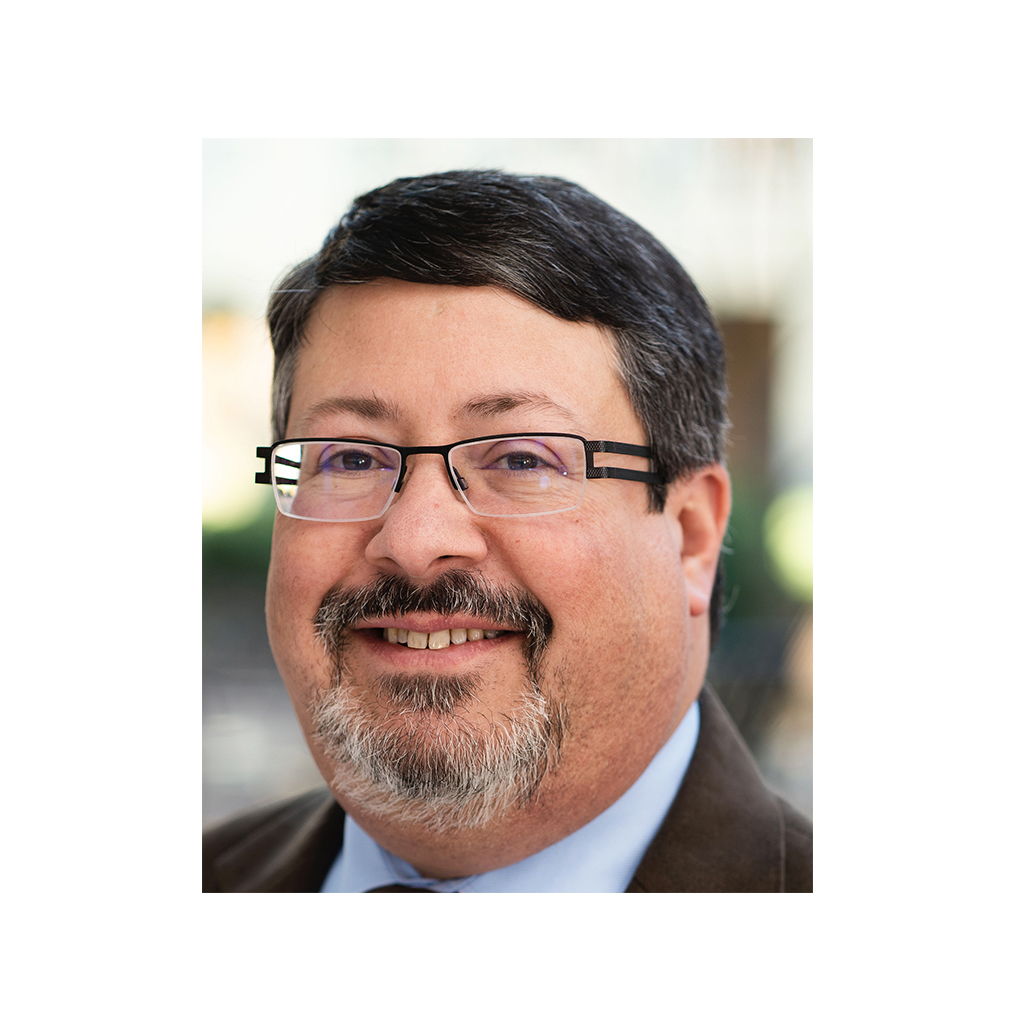Cucurbit[n]uril Molecular Containers: From Basic Science to Biomedical Applications by Lyle Isaacs, Professor of Chemistry, University of Maryland

The Department of Chemistry Presents, via In Person and Online Zoom Presentation: Lyle Issacs, PhD, Professor of Chemistry, University of Maryland
In this talk I will present our recent work on the preparation and use of macrocyclic and acyclic CB[n] (1 and 2) in biologically relevant applications. For example, I will discuss the use of acyclic CB[n] as a solubilizing excipient for insoluble drugs,[1] as a reversal agent for neuromuscular block as well as hyperlocomotion induced by drugs of abuse (e.g. methamphetamine),[2] and our recent discovery of ultrahigh affinity sulfated pillararenes.[3]
References:
[1] G. Hettiarachchi, S. K. Samanta, S. Falcinelli, B. Zhang, L. Isaacs, V. Briken, Mol. Pharmaceut. 2016, 13, 809-818.
[2] S. Ganapati, P. Y. Zavalij, M. Eikermann, L. Isaacs, Org. Biomol. Chem. 2016, 14, 1277-1287. S. Ganapati, S. D. Grabitz, S. Murkli, F. Scheffenbichler, M. I. Rudolph, P. Y. Zavalij, M. Eikermann, L. Isaacs, ChemBioChem 2017, 18, 1583-1588
[3] W. Xue, P. Y. Zavalij, L. Isaacs, Angew. Chem. Int. Ed. 2020, 59, 13313-13319.
Bio
Lyle Isaacs was born in New York City, New York, where he attended the Bronx High School of Science. After obtaining a BS degree from the University of Chicago in 1991, he performed doctoral research with Professor Francois Diederich (MS 1992, UCLA; PhD 1995, ETH-Zu¨rich). After an NIH postdoctoral fellowship with Professor George Whitesides at Harvard, he joined the faculty at the University of Maryland, College Park where he is Professor of Chemistry. Lyle was elected Fellow of the American Association for the Advancement of Science in 2013 for his work on the development of cucurbit[n]uril molecular containers.
Research
Research in Professor Isaacs’ laboratory is focused on basic and applied problems in the area of molecular recognition. We are especially interested in a class of compounds known as cucurbit[n]urils (CB[n]) that function as molecular containers in water. Molecular containers – just like everyday containers – may be used to protect their cargo and ship that cargo to specific locations. The three main goals of our research which combine basic science with real world application are described below. Students working in the group become skilled in synthetic organic chemistry, molecular modeling and design, and a variety of techniques used to characterize non-covalent aggregates (including multidimensional NMR, calorimetry, optical methods (UV/Vis and fluorescence), gel permeation chromatography), and become exposed to the biological impact of our projects through interactions with our collaborators.

